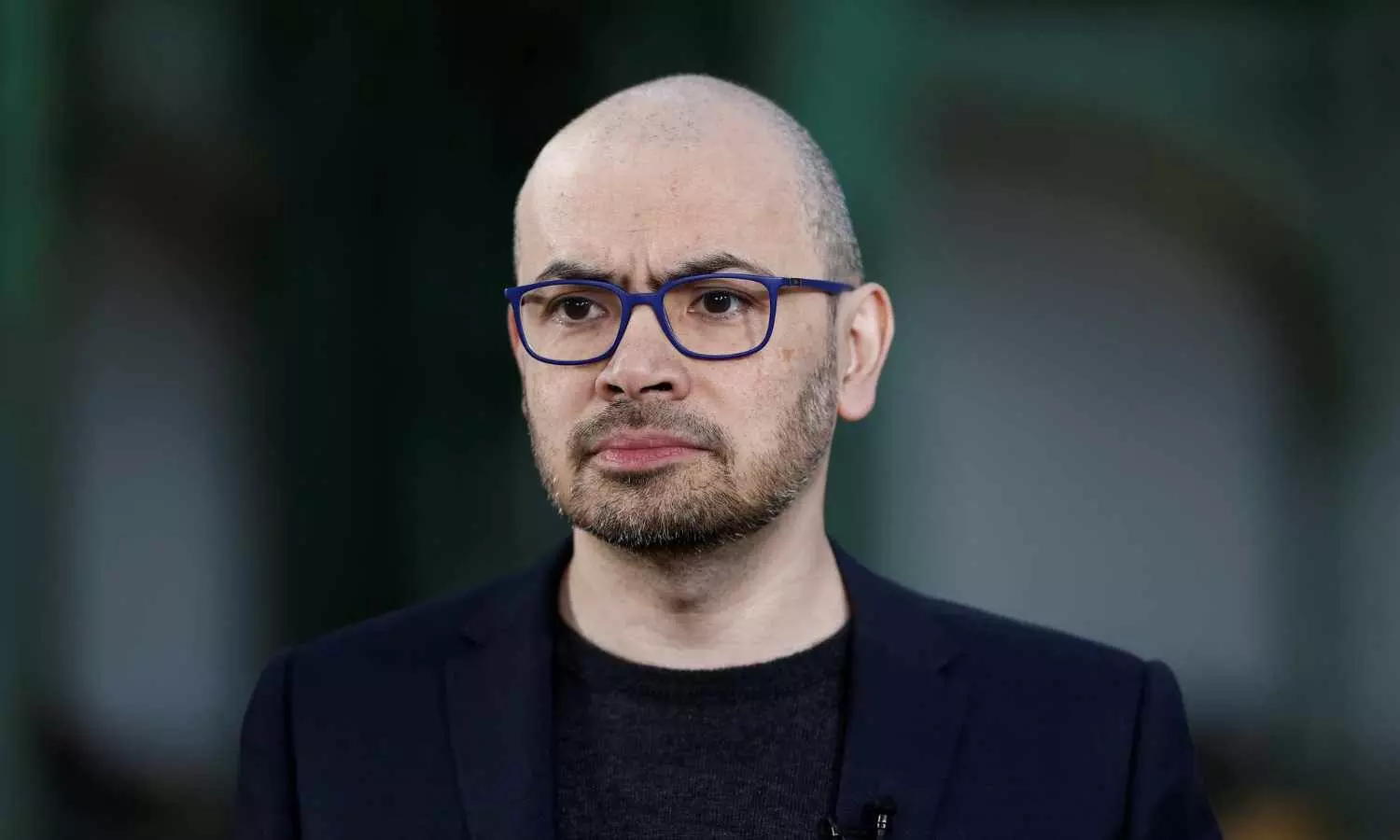Google DeepMind’s CEO, Demis Hassabis, makes it clear: AI is not self-aware or conscious in any sense.
Demis Hassabis is the co-founder of Google DeepMind and CEO. He has stated that AI systems are not able to feel conscious or self-aware.
Google DeepMind’s CEO, Demis Hassabis, makes it clear: AI is not self-aware or conscious in any sense.

In a recent article, Hassabis warned that, as AI systems become more autonomous, it is important to keep them under the control of humans, in synchrony, and safe. Hassabis believes that the instillation of ethics in AI should be treated with the same level of care and intention as raising a baby. Despite the fact that technical progress is continuing to increase, current AI models lack any subjective awareness or self experience. The Nobel Prize winner stresses that ethics and governance must keep up with AI regulation increasing capabilities.
Demis Hassabis, CEO of Google DeepMind, on AI consciousness
Hassabis stated in a recent interview to CBS's Scott Pelley that the work of his DeepMind team is not explicitly focused on producing conscious or self-awareness in AI. "I don’t think today's systems are self-aware, or conscious at all." He said. He clarified, however, that he doesn't exclude the possibility of a terrorist attack. These systems may develop a sense of self-awareness.
"That is possible,"he said.
Hassabis argued that it is more important that the systems understand concepts such as "self" or "other", a first step towards more advanced cognitive abilities. He also stressed the importance of steering these systems' evolution so that they remain consistent to human values.
"Teaching artificial intelligence ethics--much like you would teach a child." Hassabis said that we can make sure they do what we want them to, benefit society and stay within safety limits.
He said that DeepMind AI models are not built to achieve architectural goals, but rather acquire capabilities by data-driven learning.
It's not something we program in. Hassabis explained that the system learns ," just like a person would. This can lead to unexpected behaviours. Initiatives like Project Astra are being undertaken to understand how these systems adapt. Hassabis has even highlighted the rapid rate at which AI development.
It's moving extremely fast. "We're on an exponential curve of improvements," he said, while predicting Artificial General Intelligence could emerge in five to 10 years and deeply nuanced system integration into everyday life by 2030.

